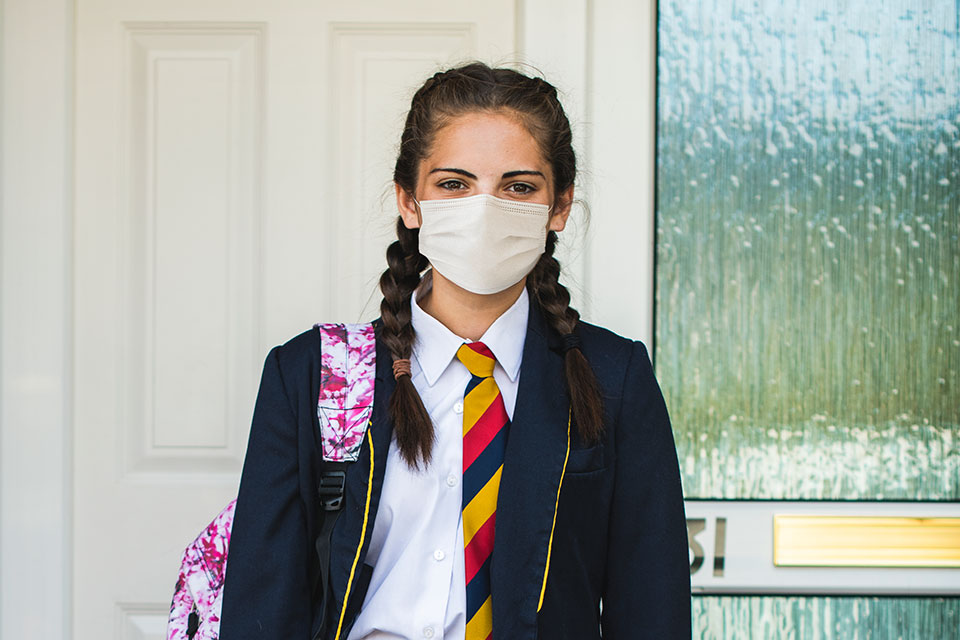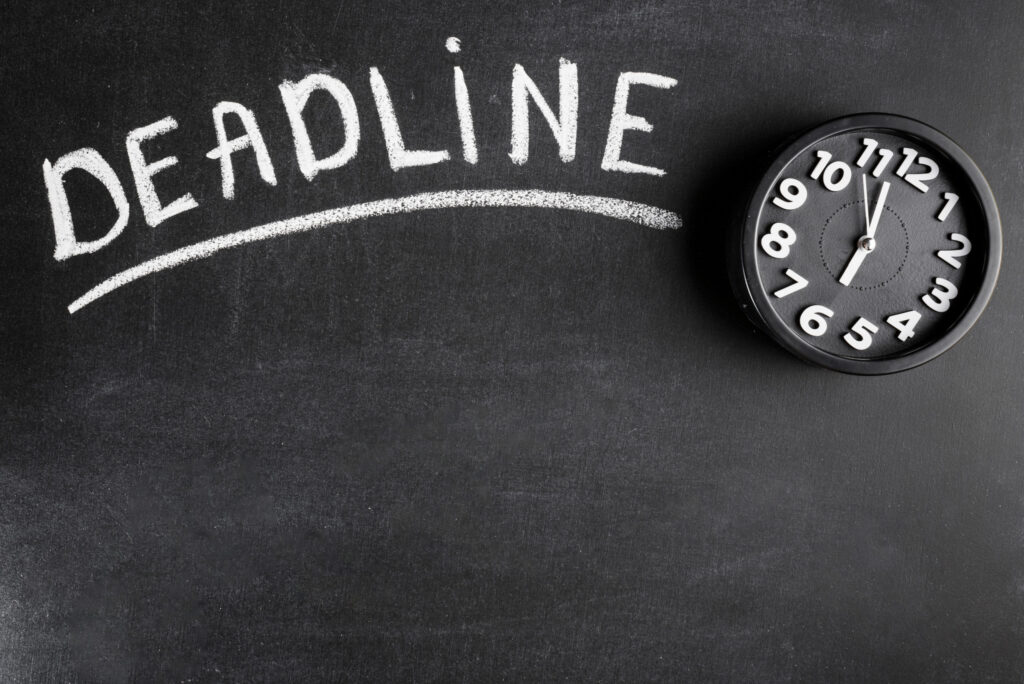Boarding School • Boarding School Application Guide
COVID-19 Effects: Updates From Boarding Schools
POSTED ON 05/21/2020 BY The Red Pen

The COVID-19 pandemic has greatly affected the lives of students currently enrolled in a boarding school while raising questions for those who were considering a switch in the near future. When the pandemic hit, boarding schools in different countries did their best to ensure the safety of their students. As governments announced the closure of borders, many students, especially international students, opted to go home. Eventually, when schools were given directives to shut their campuses, the students who were left, either went home or stayed with their local guardians in case they didn’t have immediate family members in the country.
With no end in sight, here are some ways schools are adapting to the pandemic:
Current students
In order to adhere to the changing COVID-19 regulations and for the safety of students, many schools quickly adapted to teaching virtually, supporting their students through online education. Each school has taken its own approach to virtual learning. Some schools, such as Wellington School and Marlborough College in the UK, are following their entire timetable as is; all clubs, activities and tutorials have simply moved online. On the other hand, some schools are cognizant of the amount of time they are expecting their students to spend in front of a screen. Sevenoaks School in the UK, for example, is working on a new timetable which includes 45 working hours every two weeks with an hour and a half of classroom-style classes every two weeks per subject. Other schools are following their entire timetable with a few adjustments. Hotchkiss School in the US is following their entire timetable online, including club meetings, chapel service and other meetings. The classes, though, have been cut down to 45 minutes and students get about an hour of assignments per subject after school.
Some schools, however, such as Phillips Academy, Andover in the US, have a different approach and have decided to set assignments that students are responsible for completing on their own time instead of offering online classes. Yet others, such as the Northwest School, also in the US, have designed a Remote Learning Programme to support student learning. For the remainder of the school year, students will log in from their homes and interact with teachers, receive new assignments as well as complete projects entirely online. Ridley College in Canada is also following a remote learning programme called Ridley Remote Learning (R2L) whose goal is to advance student learning with authentic, human experience while continuing to promote physical activity.
Besides learning online, schools are also providing current grade 11 students who will be going into their final year of high school with virtual guidance from their college counsellors. As most schools will not be conducting end of year exams, originally planned for May 2020, they will be issuing report cards and preliminary predicted grades on the basis of the student’s current and past performance.
All schools are monitoring their government’s announcements and are working on the directives issued. Globally, schools are optimistic about being able to start regular classes in the fall. In the UK, Prime Minister Boris Johnson suggested that if things start stabilising, nurseries and primary schools in England might open from June 1. A document is to be published with details for this approach, but he also suggested that students who are meant to be sitting GCSE/IBDP/A level exams next year should be able to see their teachers before the end of this academic year, while the other years would start school in the next academic year.
Most schools are hoping for the best possible scenario but are also preparing for the eventuality that they will not be able to welcome students on campus ‘physically’.
Prospective students
Students who are planning on applying to or attending a boarding school this year will find that schools are constantly updating their students about the next steps. Charterhouse School in the UK, for example, has emailed new students and parents talking about how they are dealing with the situation. Both Sevenoaks School and Wellington School, among others, have been in touch with their current and new students about how they are dealing with COVID-19. The Northwest School has reached out to their database to inform everyone that the school will continue to accept international applications and has waived the application fee. They have also relaxed their testing requirements for admission.
Schools understand that students will not be able to visit campus this year, so they are trying to bring the campus to the students by offering virtual tours and talks. The admissions offices for all schools are happy to respond to queries from parents as usual.
Boarding schools aiding COVID-19 efforts
Schools across the world are using their resources to help with the crisis. In the UK, Oakham School has offered their washing machines to an NGO that is making PPE out of donated cloth. Cheltenham Ladies College’s Design and Technology department has produced face masks for their local healthcare workers. Felsted School has offered its boarding houses as accommodation for urgent training sessions which will help paramedic students get ready to support the local ambulance service. In Canada, students at St. Michaels University School are baking and distributing goods among the poor.
Boarding schools across the globe are aware of their commitment to their current students and are also committed to welcoming international students on their campus. They are working on plans and contingencies for any situation that might present itself. As the situation is continuing to evolve, make sure to check each school’s website for relevant information. For any queries, get in touch with us.




